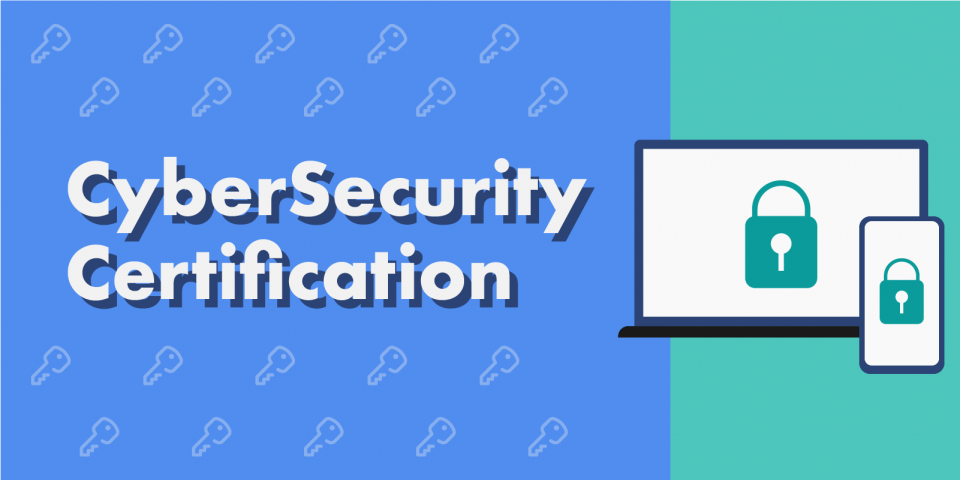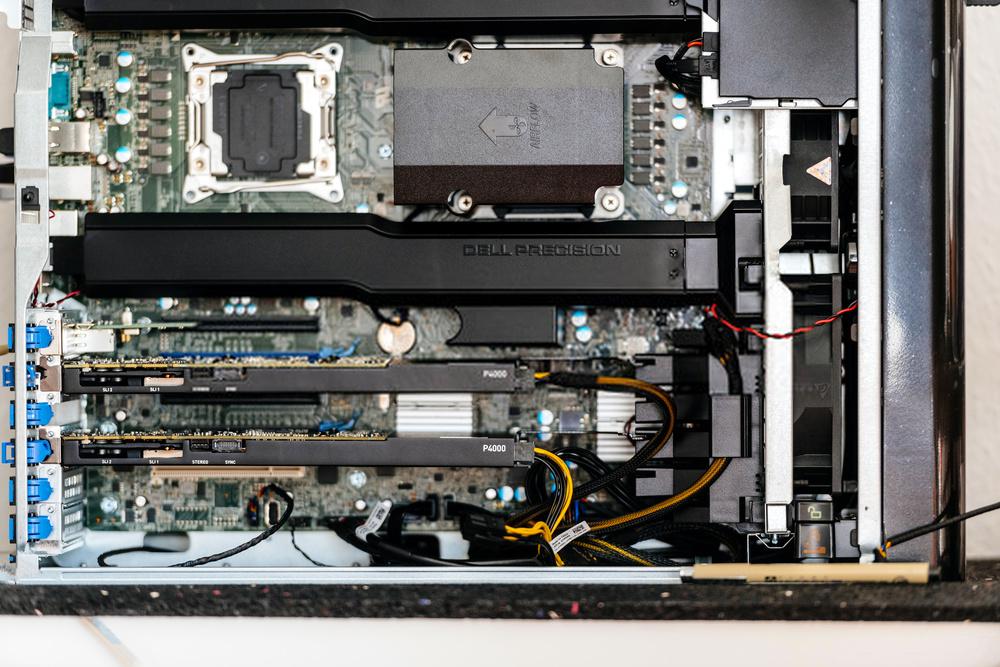
When thinking about entering the Cyber ops career field, consider what it will take to gain a designation as a Cyber Ops Professional. A Cyber Ops Professional (COP) works in the classified area of Computer Crime Scene Reconstruction and Cyber Investigations. Some other names that individuals have used include Cyber Analyst, Cyber Crime Scene Investigator (CCSI), Cyber Investigator (CI), or Cyber Crime Scene Technician (CIT). This is one job where an individual can obtain a degree and certifications from the National Cyber Security Center (NCSC) and FBI.
There are several types of jobs that a COP can have while working at a company that is performing cyber ops. An example is that the company may be investigating a security flaw in a network that allowed data from one computer to be obtained by a different one. Another use for a COP is investigating malware or vulnerability that allowed hackers to gain access to a company's network.
A 350-201 exam is the standard exam for those working in the field of Cisco Performing CyberOps Using Core Security Technologies Exam Questions. The entire course work consists of downloading and installing a Cisco CCNA firewall device, reading and answering multiple vendors supported Cisco blogs, downloading a Cisco Security appliance, implementing a policy, configuring a VPN, and performing four lab exercises. The reason for carrying out these lab exercises is to get the students up to speed on the latest cyber threats and the correct way to respond to them. After reading and lambing the entire course, the student will receive their Cisco Certified Cyber ops Professional Certification (CCPC) password and ID.
To be successful in the CCNA area of study, one must pass two exams: one general exam and one specific focus exam. Both of these exams cover core technologies necessary for understanding and defending the CCNA and different types of Cyber Operations. The two exams differ slightly in format and content so that as a student, you will need to decide which one you prefer to focus on first. Once you pass both exams, you will receive your CCR exam number and will be able to use it to log into the CCNA exams.
Passing the exam doesn't mean that you have passed it, however. It means that you have completed all the required practice and exam questions and fully understand how to use the CCNA syllabus content. While most people can easily understand the theory portion of the CCNA exam, the practical portion can be difficult. One way to alleviate this difficulty is to take advantage of practice tests and quizzes to prepare for the real thing. A wide variety of websites offer free practice exam questions and even free tutorials that walk through the steps required to complete each question.
Some other great resources to help you prepare for the CCNA Exam include books, DVDs, and online tutorials. Some of the books you may consider purchasing include "The Complete Cisco CCNA Tools and Systems Suite" by Sean Gallagher and" CCNA Tools and Systems: An Evaluation" by Robert J. Traister and Andrew J. Norton. If you're looking for a specific book, then the "CCNA Tools and Systems: An Evaluation" and "CCNA Security Device Mastery" are two books that rank high on my list. Another great resource is the CCNA itself, which you can purchase on the website listed below.
Also read about:
Why Is My Outlook Search Function Not Responding Properly
Why Mobile App Development Company Toronto Services Important for Your Business Growth
Best gaming monitor under 1000 Pounds










